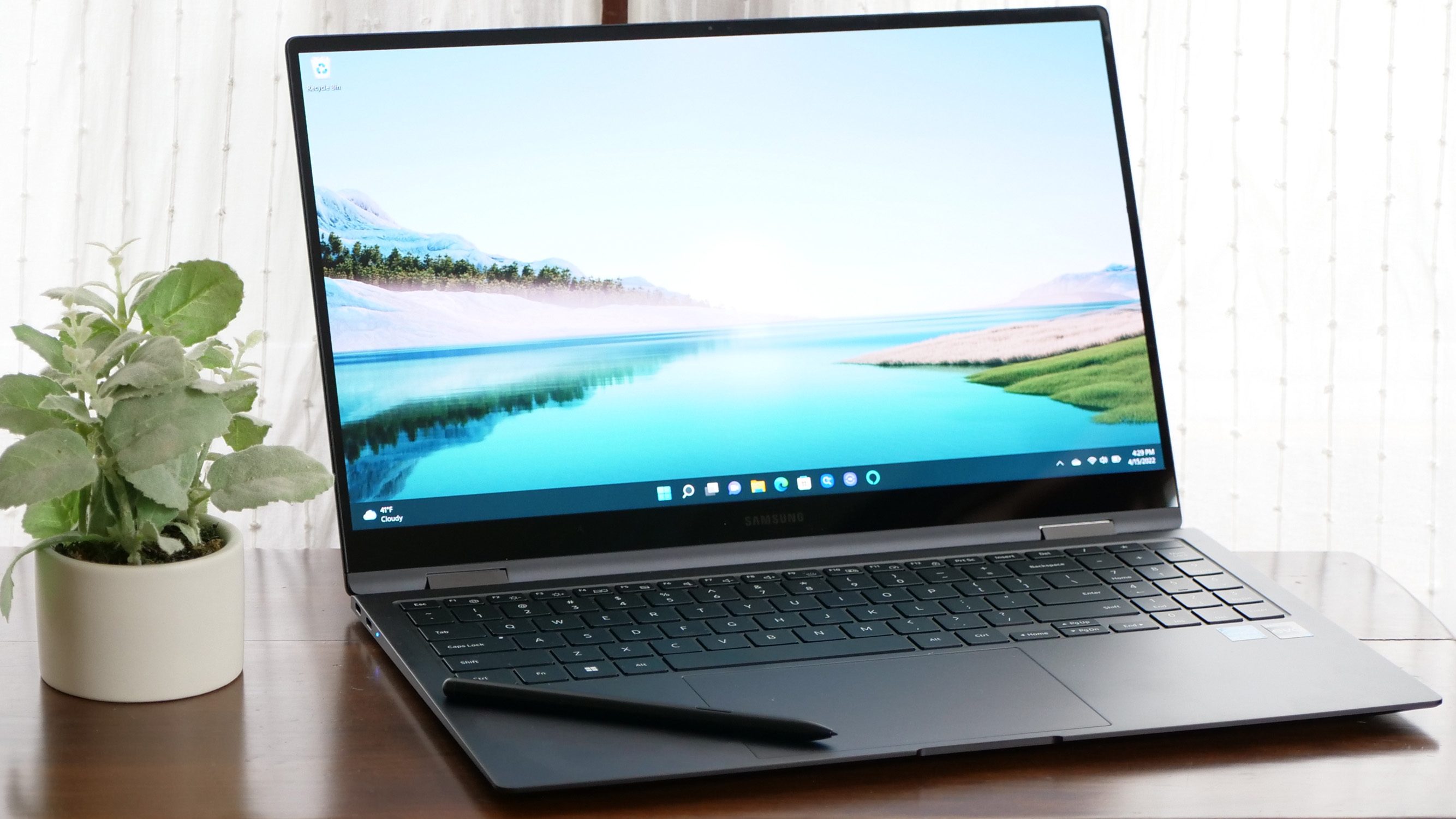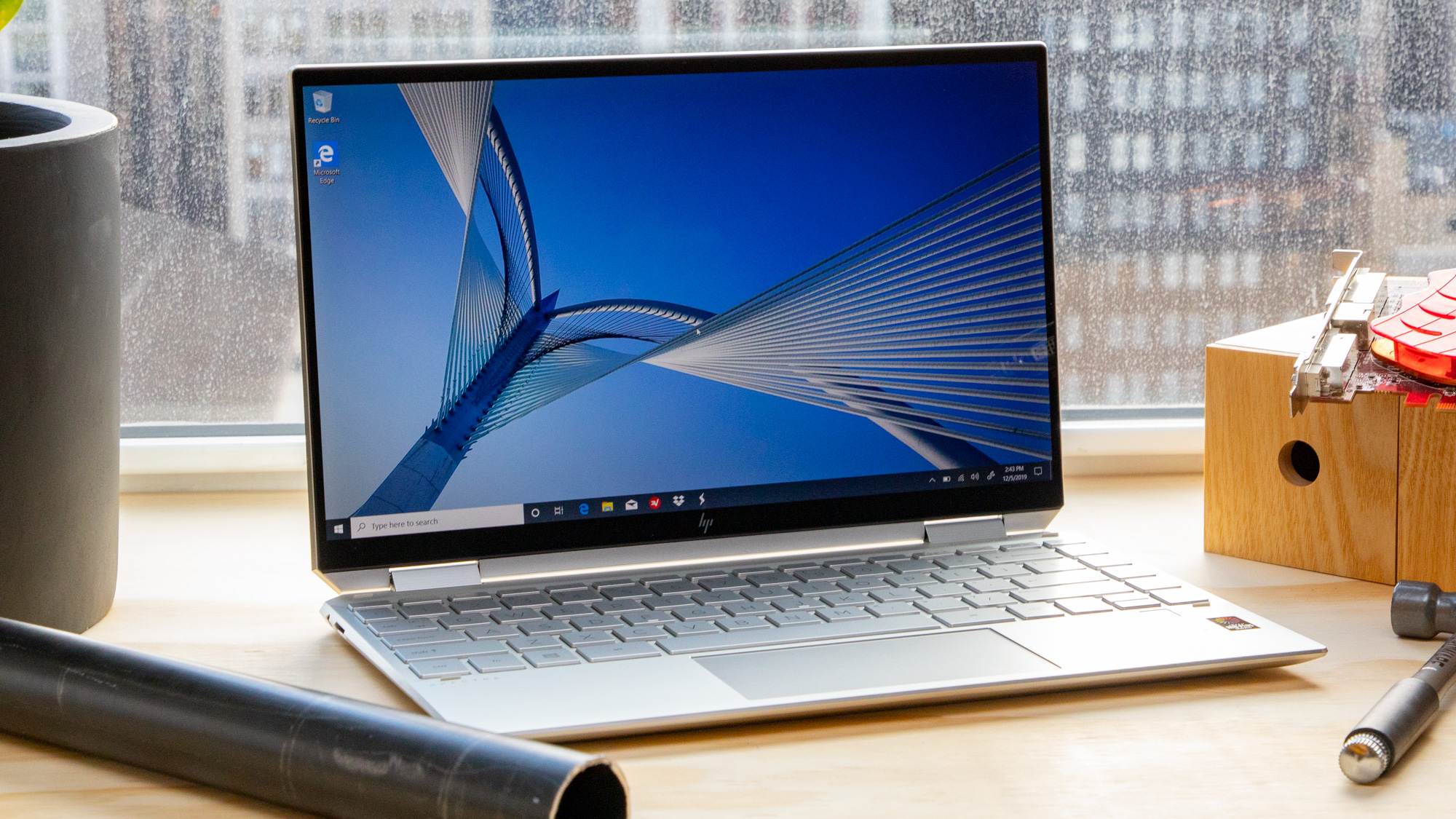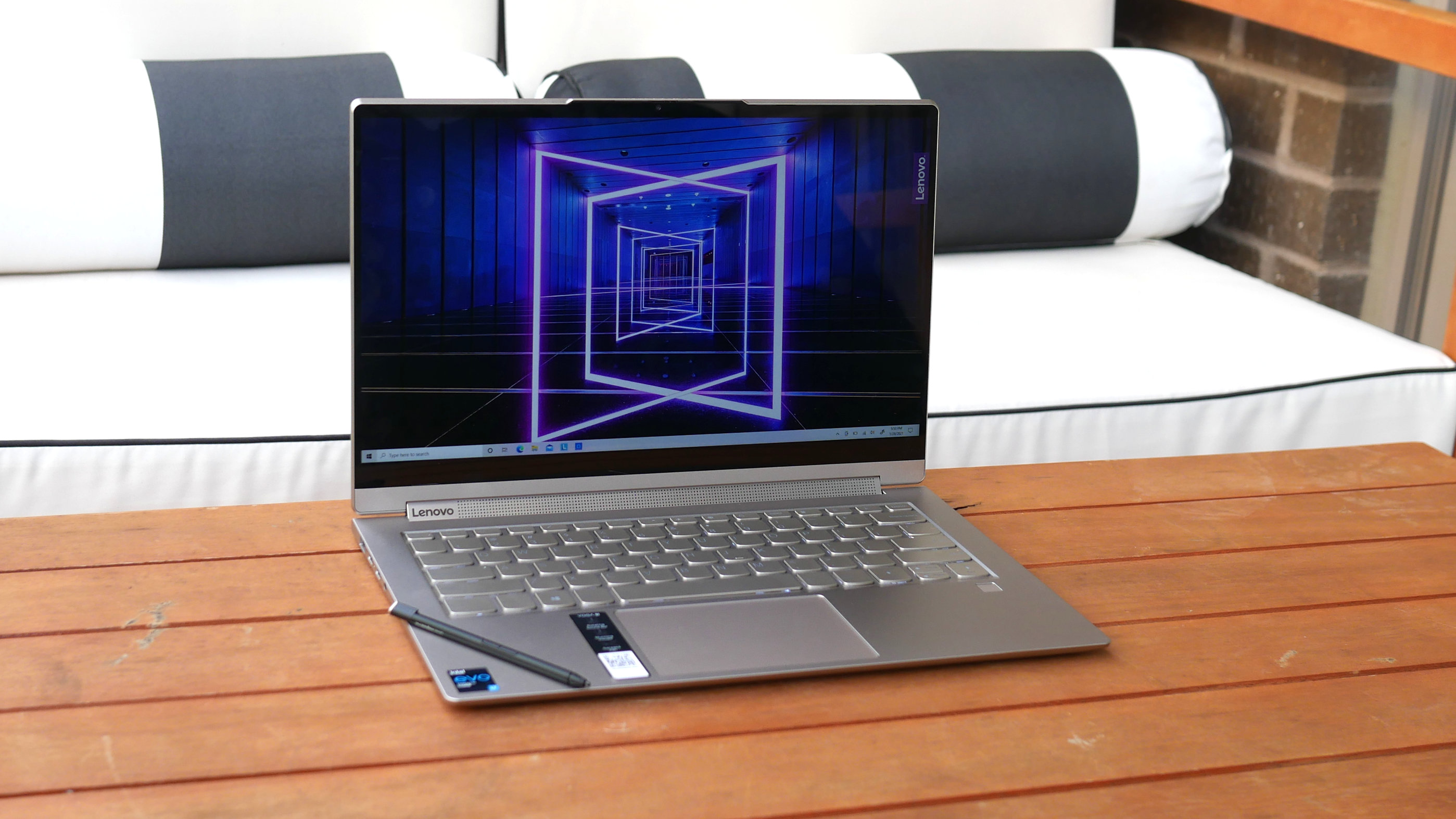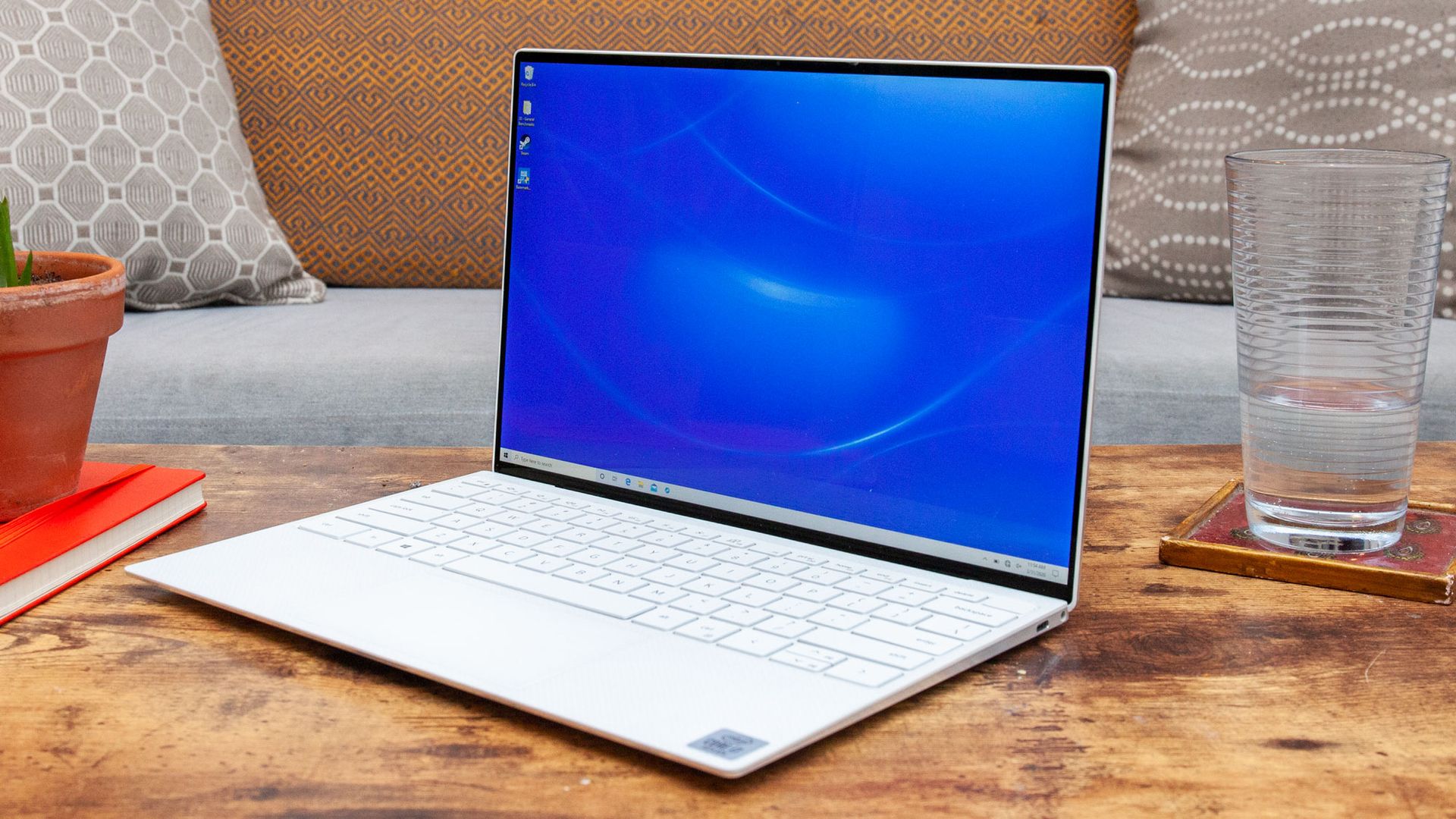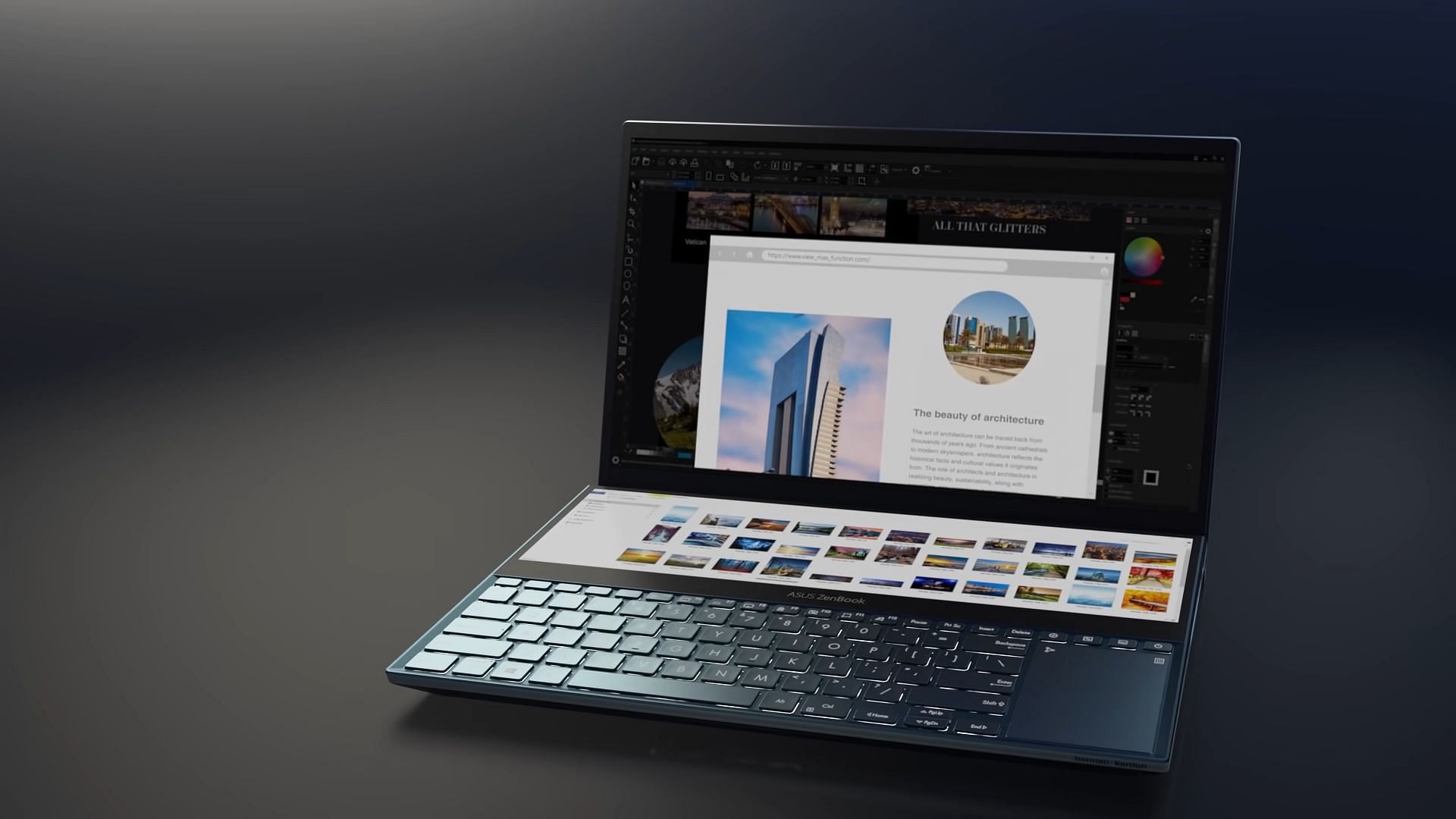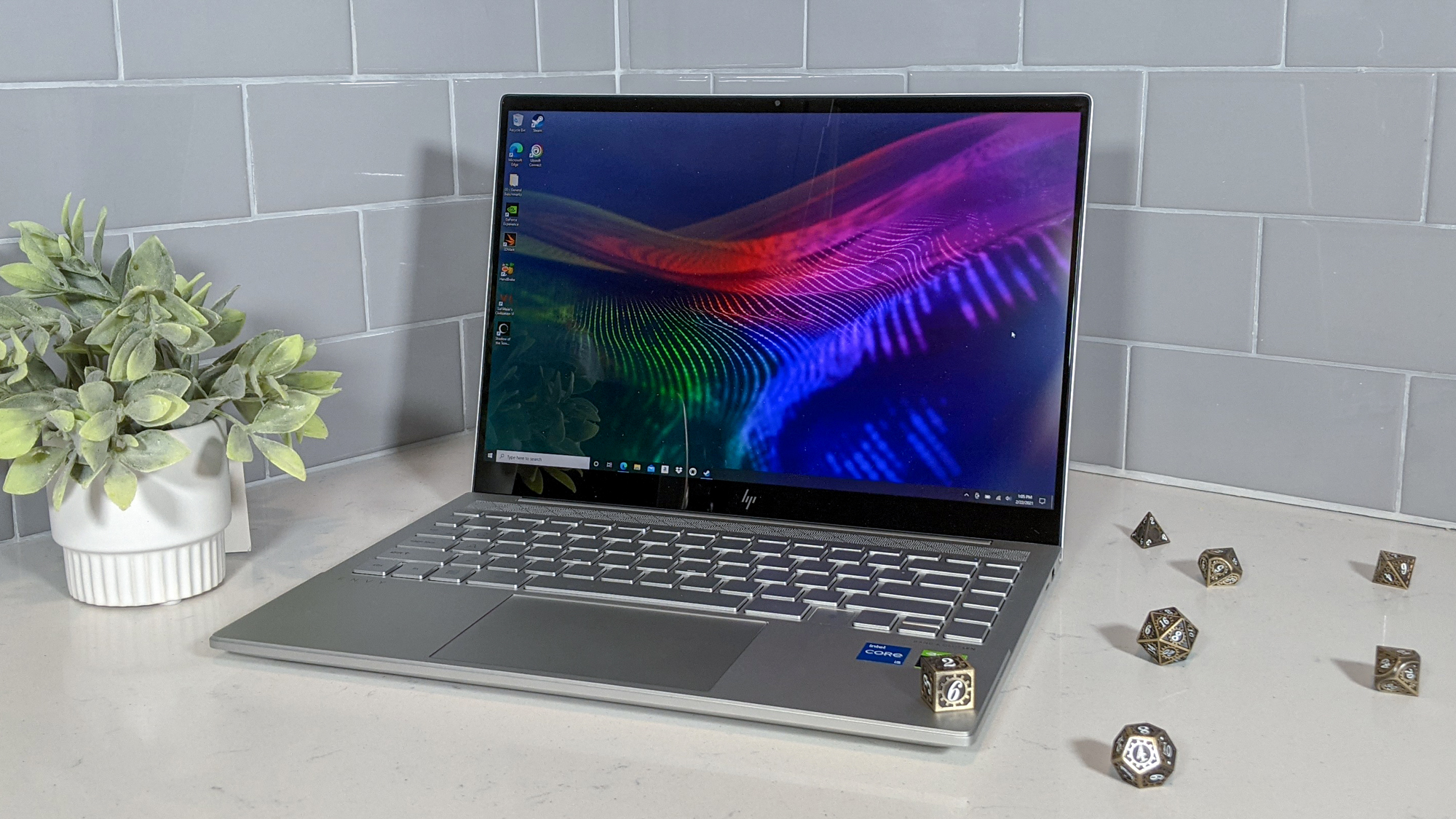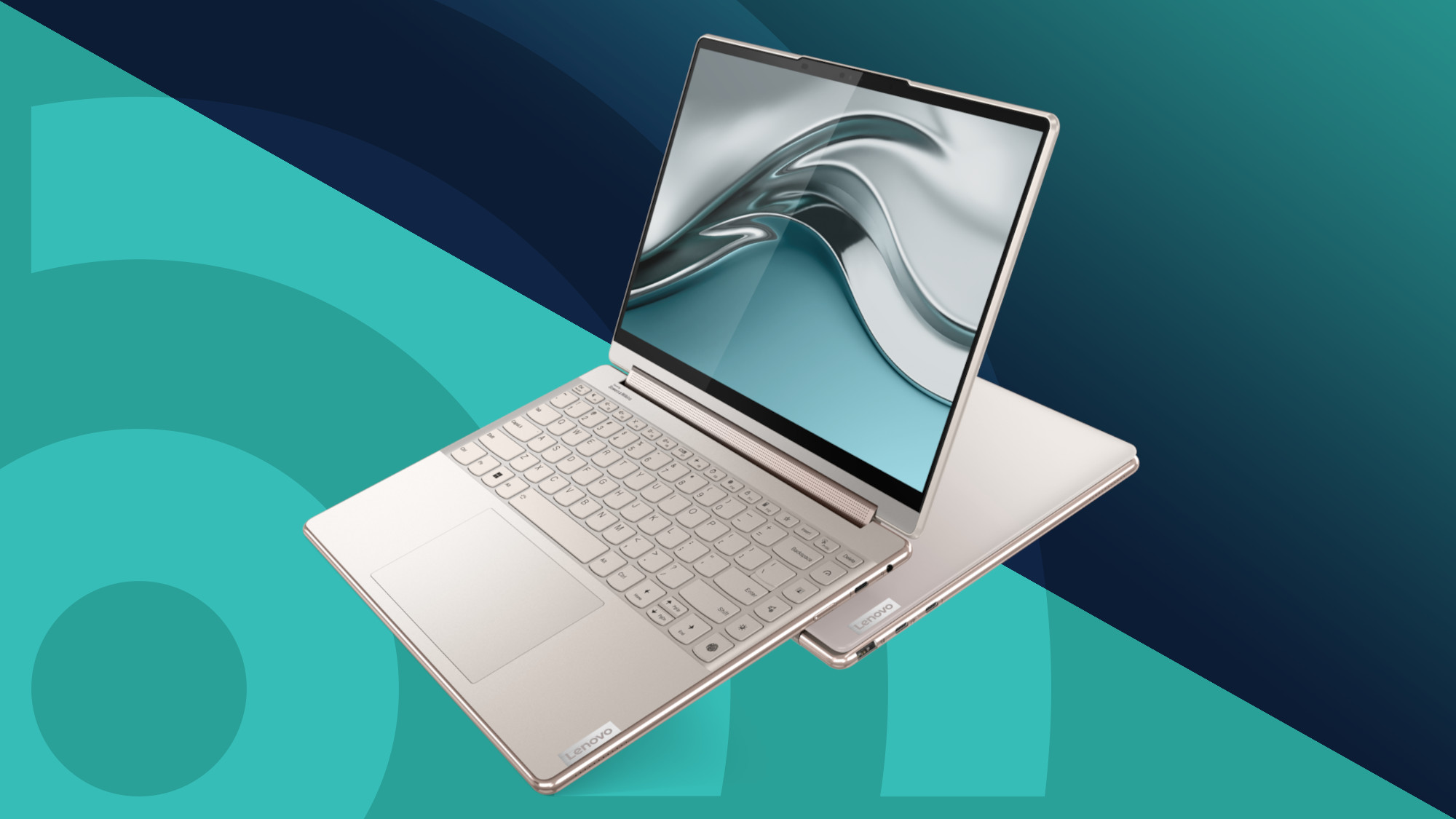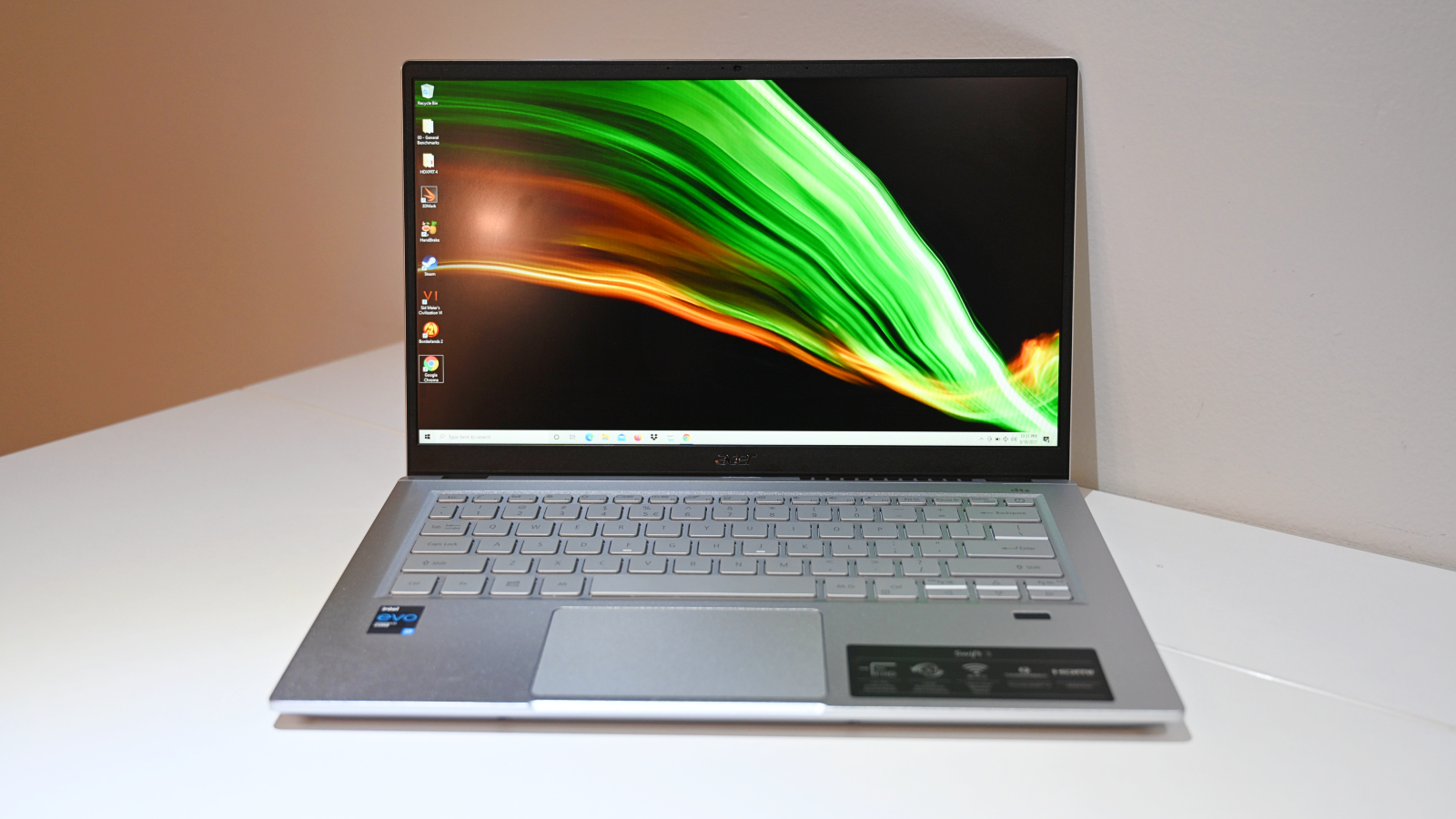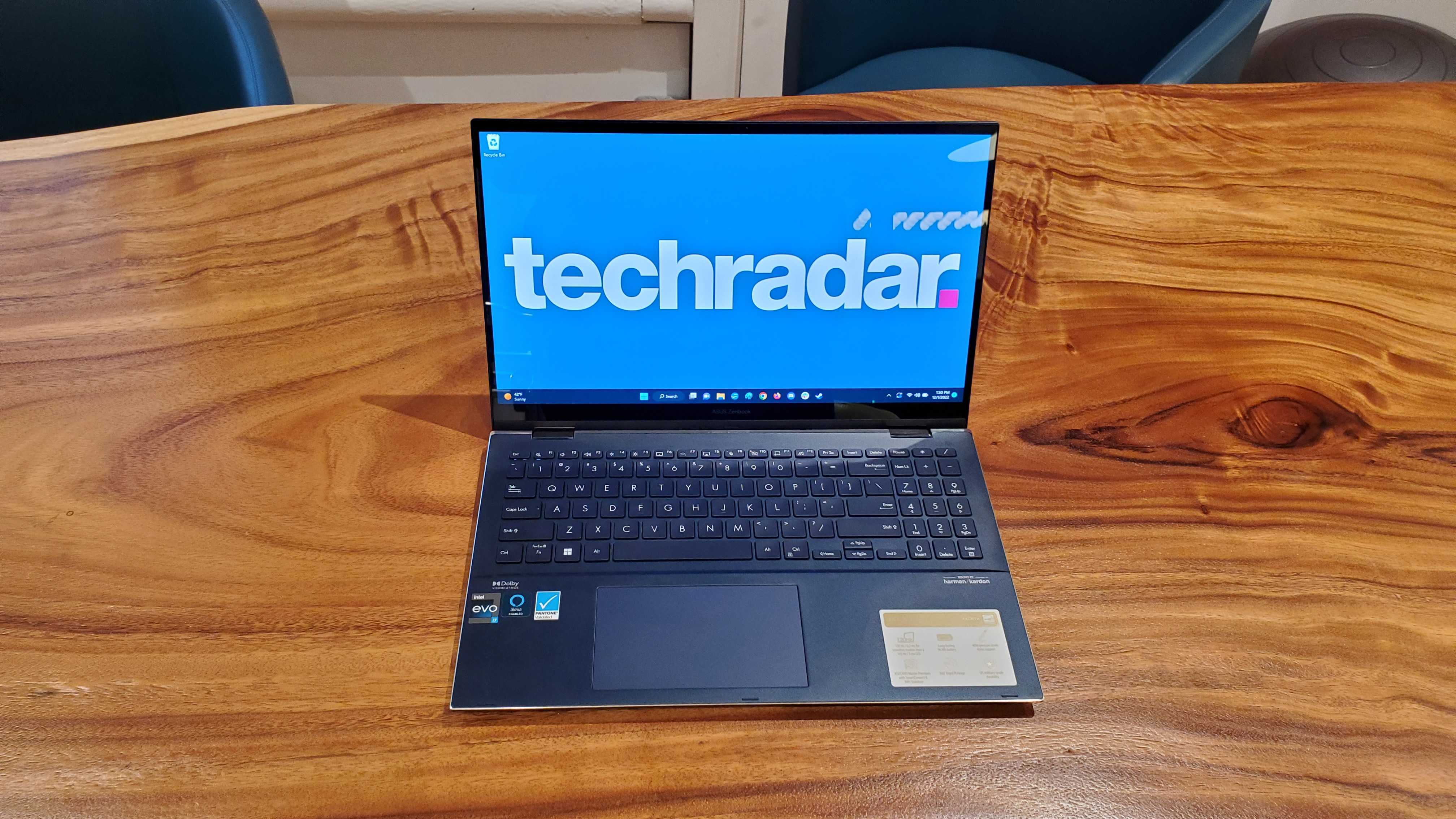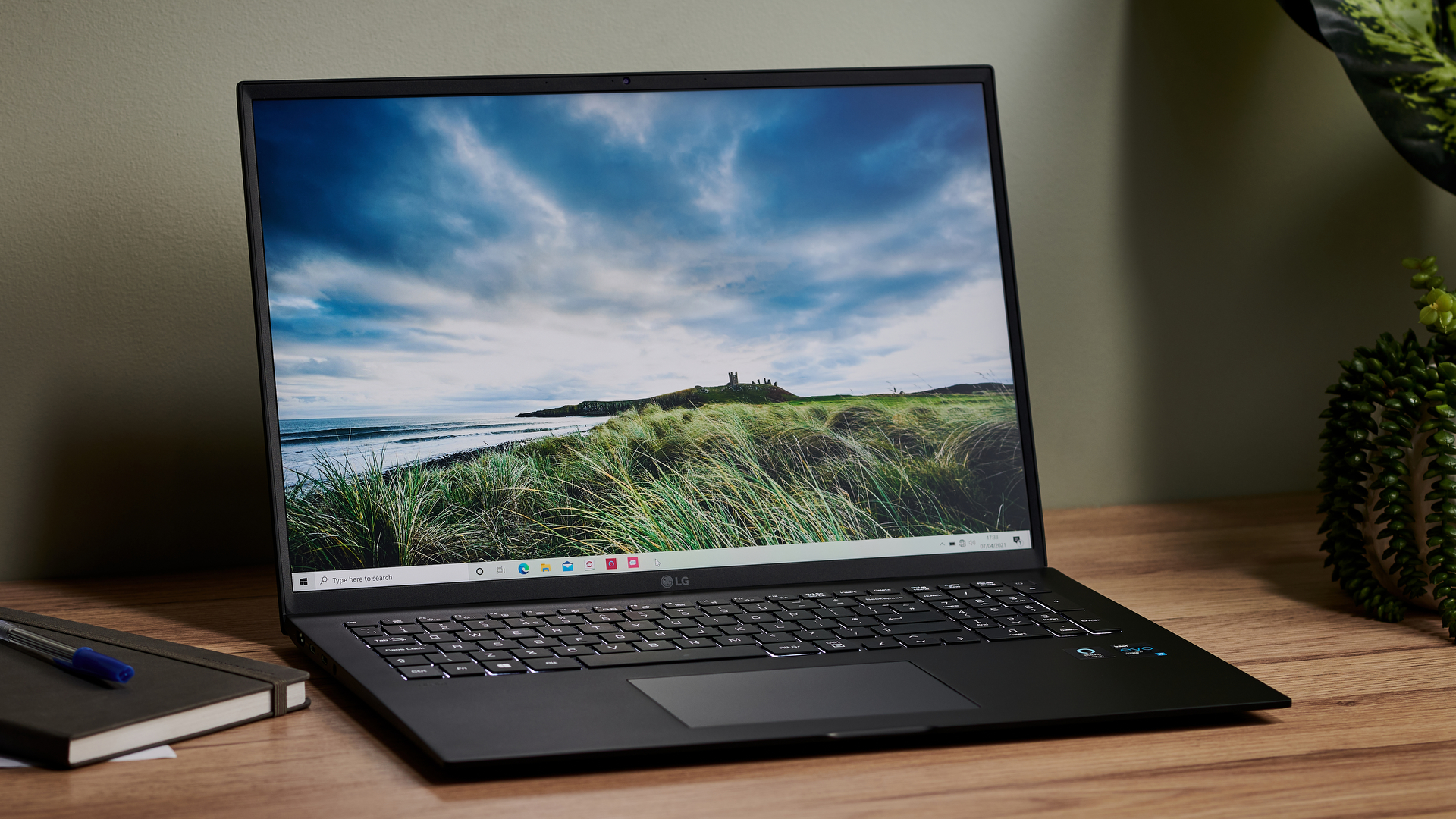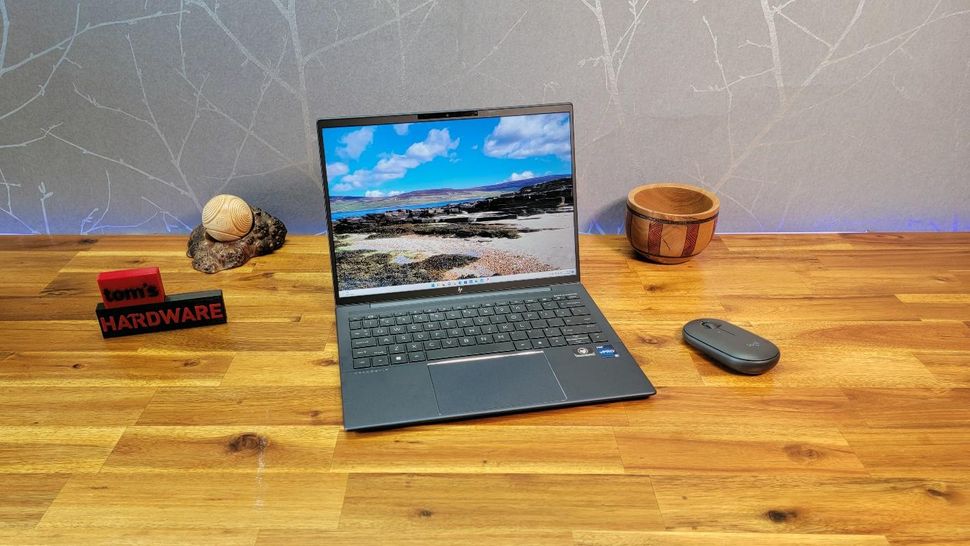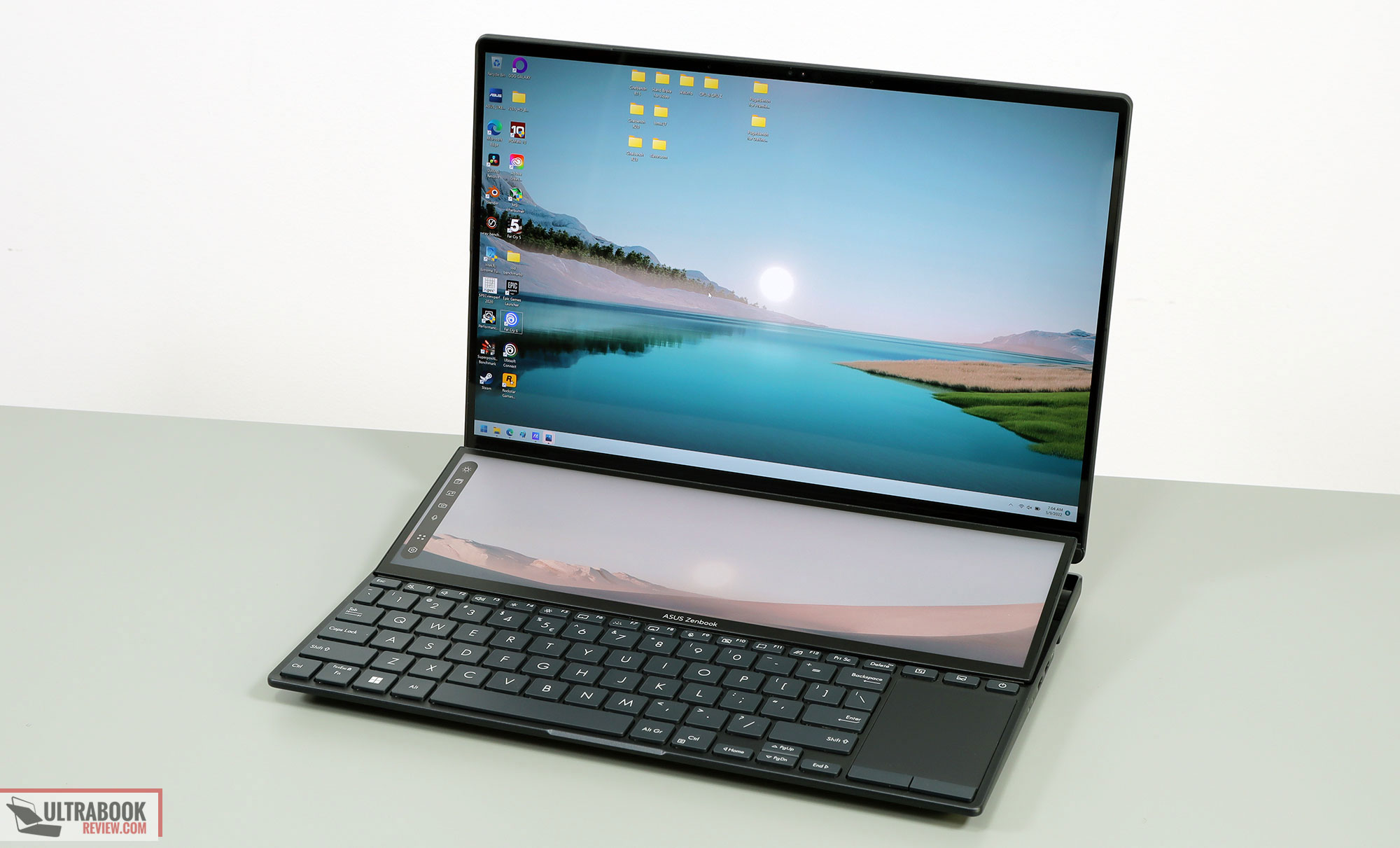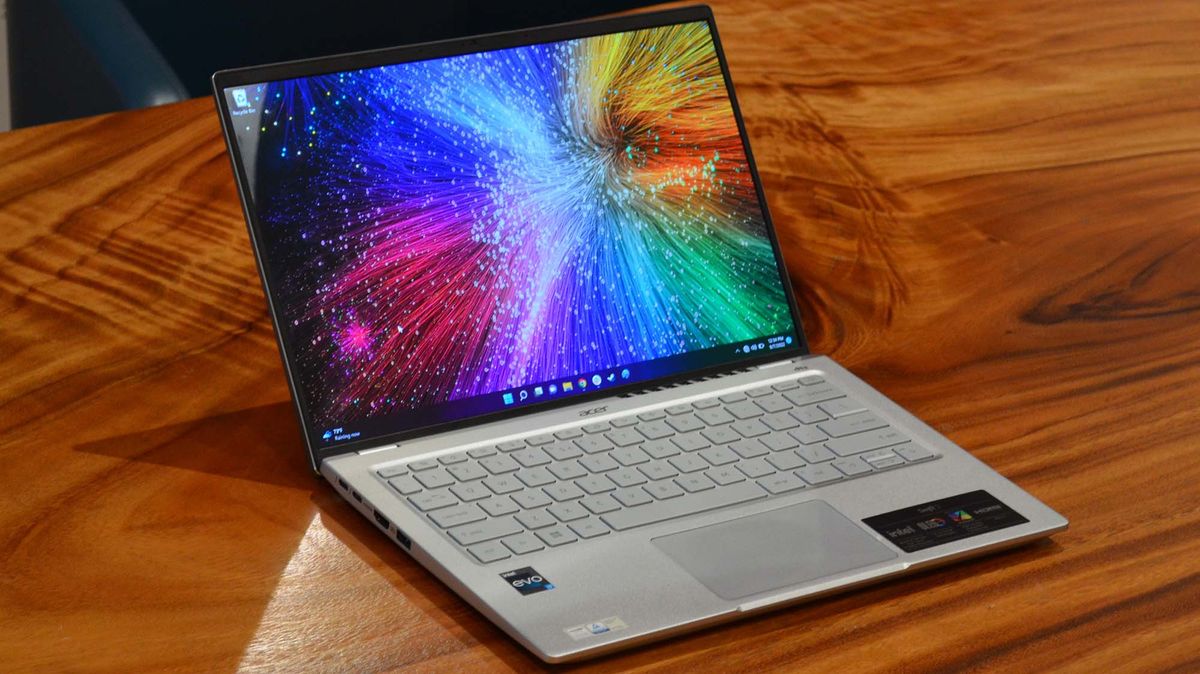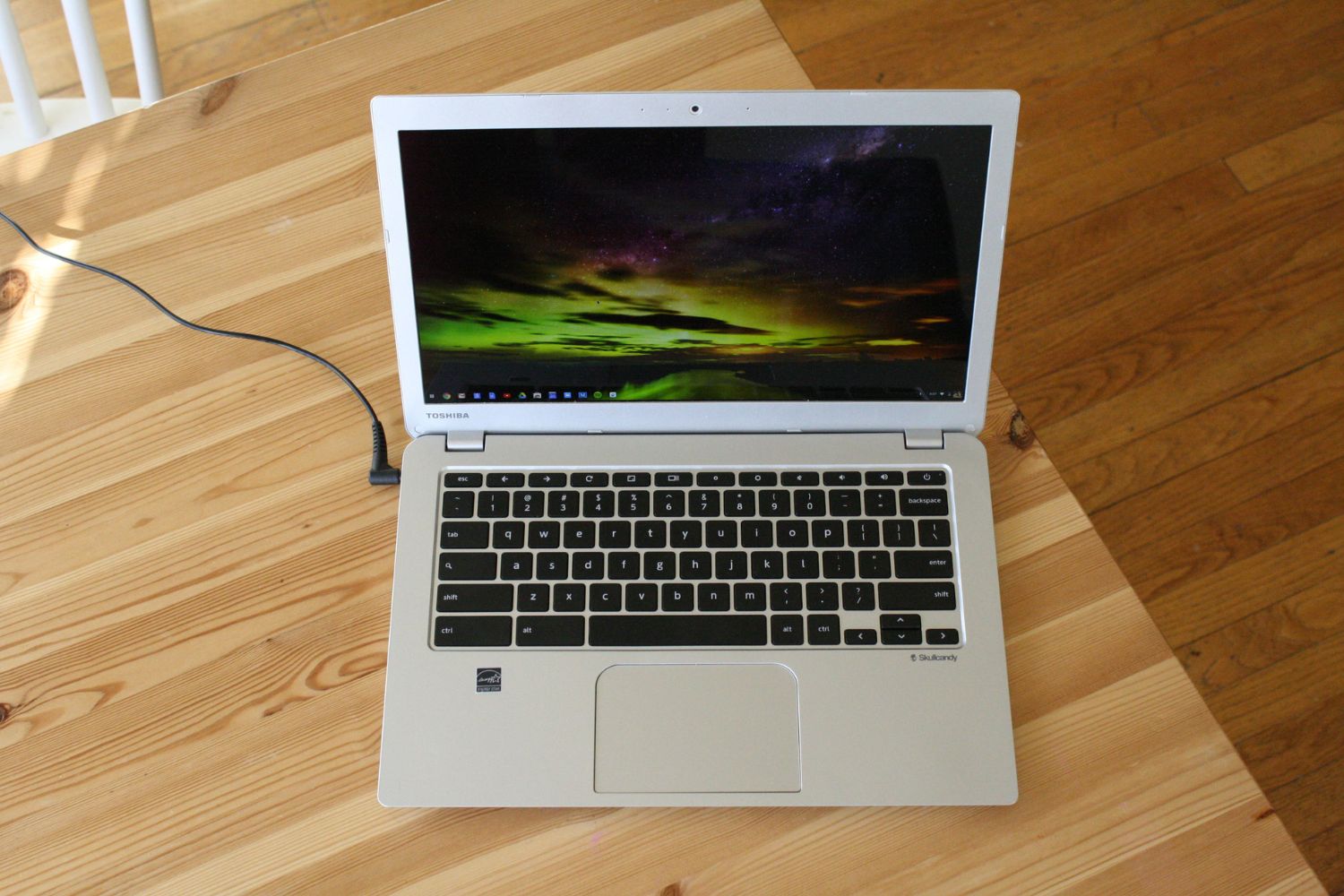Which Is The Best Ultrabook

So, you’re thinking about buying an ultrabook. Fantastic choice! You're joining a growing crowd who value portability, performance, and sleek design in their everyday tech. This guide is tailored for first-time ultrabook buyers like you, cutting through the jargon to help you find the perfect machine for your needs.
Why does choosing the right ultrabook matter? Because it's an investment that impacts your productivity, entertainment, and overall digital experience. A well-chosen ultrabook becomes your reliable companion, while a poor choice can lead to frustration and regret.
Top 5 Ultrabooks Compared
Let's dive into a side-by-side comparison of five popular ultrabooks. This table highlights the key differences to give you a quick overview.
| Model | Price (USD) | Processor | RAM | Storage | Warranty |
|---|---|---|---|---|---|
| Dell XPS 13 | $1,200 | Intel Core i7 | 16GB | 512GB SSD | 1 Year |
| HP Spectre x360 | $1,100 | Intel Core i5 | 8GB | 256GB SSD | 1 Year |
| Lenovo ThinkPad X1 Carbon | $1,300 | Intel Core i7 | 16GB | 512GB SSD | 3 Years |
| Apple MacBook Air (M2) | $1,100 | Apple M2 | 8GB | 256GB SSD | 1 Year |
| Microsoft Surface Laptop 5 | $1,000 | Intel Core i5 | 8GB | 256GB SSD | 1 Year |
Detailed Reviews
Dell XPS 13
The Dell XPS 13 is a perennial favorite for its stunning display and compact design. Performance is excellent for everyday tasks and moderate workloads. Battery life is generally good, but can vary depending on usage.
HP Spectre x360
The HP Spectre x360 stands out with its 2-in-1 design, offering flexibility as both a laptop and a tablet. It boasts a premium build quality and a vibrant display. Performance is adequate for most users, but it can get a bit warm under heavy load.
Lenovo ThinkPad X1 Carbon
The Lenovo ThinkPad X1 Carbon is built for business, offering exceptional durability and a comfortable keyboard. It also offers strong performance and a comprehensive set of security features. The design is more utilitarian than stylish, but it's incredibly practical.
Apple MacBook Air (M2)
The Apple MacBook Air (M2) delivers exceptional performance and battery life thanks to Apple's custom silicon. The macOS ecosystem is seamless and user-friendly, particularly for those already invested in Apple products. It lacks some of the ports found on Windows laptops.
Microsoft Surface Laptop 5
The Microsoft Surface Laptop 5 offers a clean design and a comfortable Alcantara keyboard option. It runs Windows smoothly and integrates well with Microsoft's software ecosystem. Performance is solid, but battery life could be better.
Used vs. New: The Ultrabook Dilemma
Buying a used ultrabook can save you money, but it also comes with risks. New ultrabooks offer peace of mind with warranties and the latest technology. Let's weigh the pros and cons.
- Used Ultrabooks:
- Pros: Lower price, access to higher-end models at a reduced cost.
- Cons: No warranty, potential for hidden issues, shorter battery life, outdated technology.
- New Ultrabooks:
- Pros: Full warranty, latest technology, new battery, peace of mind.
- Cons: Higher price.
If you're comfortable with some risk and have the technical know-how to inspect a used device, it can be a viable option. Otherwise, a new ultrabook is generally the safer bet.
Reliability Ratings by Brand
Reliability varies by brand, and it's essential to consider this before making a purchase. Here's a general overview of reliability based on industry reports and user reviews.
- Lenovo: Generally considered very reliable, especially the ThinkPad series.
- Dell: Known for good reliability, but can vary depending on the specific model.
- HP: Reliability can be inconsistent; research specific models carefully.
- Apple: Generally reliable, but repairs can be expensive.
- Microsoft: Relatively new to the laptop market, but reliability seems good so far.
Remember that these are general trends, and individual experiences may vary. Always read reviews and consider extended warranties for added protection.
Checklist: 5 Must-Check Features Before Buying
Before you commit to an ultrabook, make sure to check these five key features:
- Processor: Choose a processor that meets your performance needs (Intel Core i5/i7 or Apple M1/M2).
- RAM: 8GB is the minimum, but 16GB is recommended for better performance and multitasking.
- Storage: SSD (Solid State Drive) is essential for fast boot times and application loading. 256GB is a good starting point, but 512GB or more is preferable.
- Display: Consider resolution (Full HD or higher) and screen technology (IPS for better viewing angles).
- Ports: Ensure it has the ports you need (USB-A, USB-C, HDMI, etc.).
Don't overlook the keyboard and trackpad. Try them out if possible, as these are crucial for comfortable use.
Key Takeaways
Choosing the best ultrabook involves balancing your budget, performance requirements, and personal preferences. Each of the models discussed (Dell XPS 13, HP Spectre x360, Lenovo ThinkPad X1 Carbon, Apple MacBook Air (M2), and Microsoft Surface Laptop 5) has its strengths and weaknesses. The Lenovo brand is generally well-regarded for reliability, but weigh that against other factors.
Consider whether a used or new ultrabook better suits your needs and budget. Remember the five must-check features to ensure you're getting a machine that meets your needs.
Ultimately, the best ultrabook for you depends on your individual needs and priorities. Think carefully about how you'll be using the laptop and choose accordingly.
Ready to find your perfect ultrabook? Click here to compare the latest deals and make an informed decision! Don't hesitate to explore further reviews and compare models before committing to your purchase.
